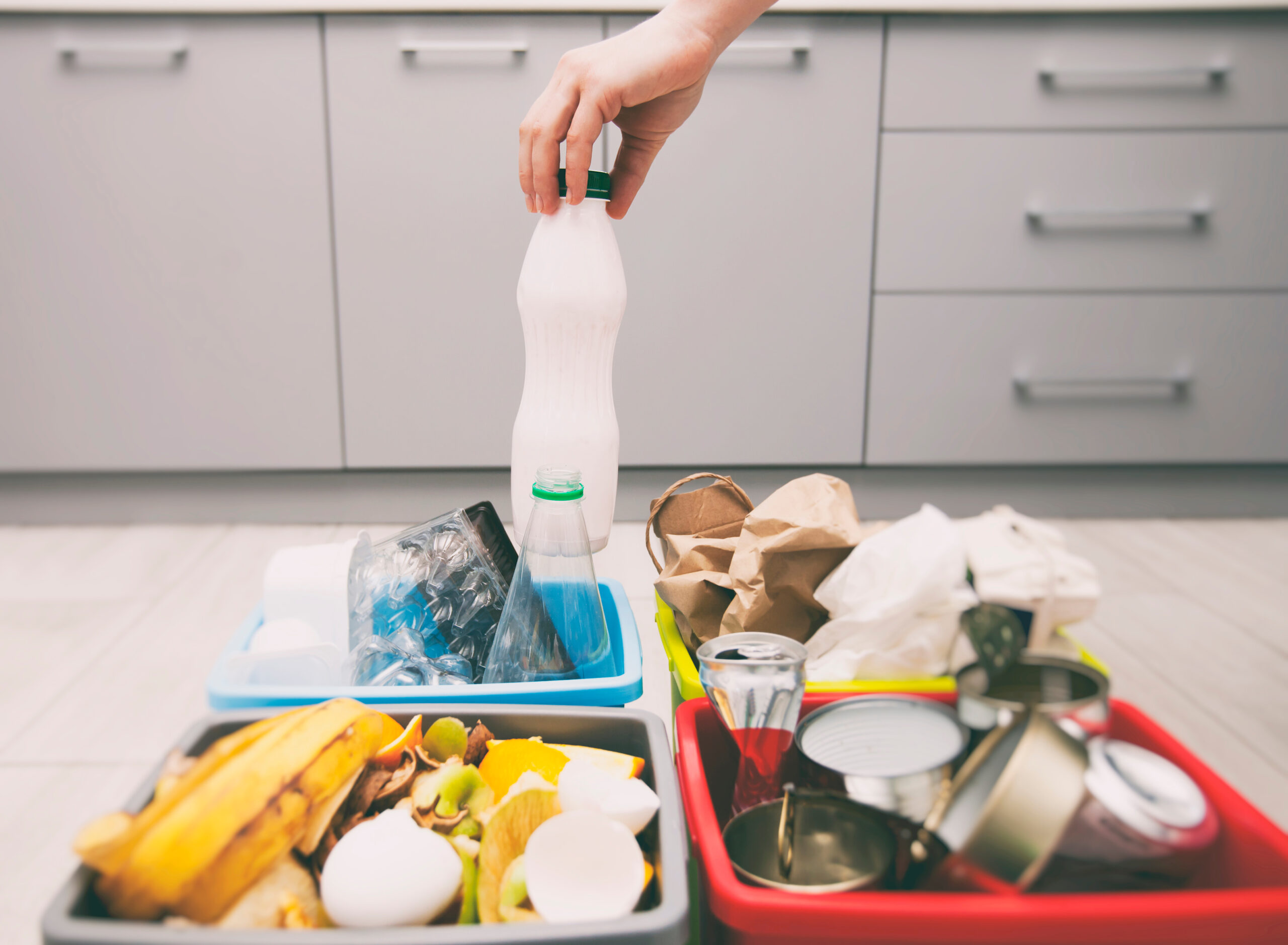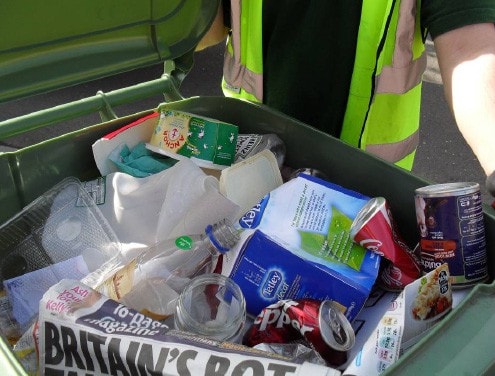A Defra briefing to the national media this week on new guidance on reducing contamination by encouraging residents to limit “wishcycling” has led to more questions than answers on the government’s consistency reforms.
Wishcycling equates to the public putting what are usually non-recyclable or non-collected items into recycling bins in the hope they can be recycled.
Several national media outlets have run articles this week on the plans to reduce wishcycling, with plans including labelling. Defra said the measures form part of its ambitions to “make waste and recycling collections simpler and more convenient for homeowners”.
Within the sector, the release of the proposals to the national media sparked questions on the next steps for the consistent recycling collections reforms. Defra last consulted on this two years ago with a response still being waited on.
Defra’s formal line on this remains that the consultation response will be published “soon”, but there have now been some doubts expressed about this.
Feedback
The plans have been consistently pushed back, most recently until after the local elections, amid fears over poor feedback from households on having ‘seven bins’. There were some concerns that ministers had pulled the legislation at the last minute in April after a briefing had been prepared. This came amid a flurry of national media articles in March saying the plans could cause “chaos”.
Confidence that the plans will be published soon however, is falling, though this does still remain possible. Defra has also faced intense lobbying from parts of the private sector on other elements of its waste reforms, so thus might be reluctant to make too many further changes during a cost-of-living-crisis.

Consultation
The consistent recycling reforms for households and businesses fall under the Resources and Waste Strategy 2018 and the legislation was made law under the Environment Act.
With the deposit return scheme (DRS) and extended producer responsibility (EPR) consultations, the second consultation response was key for confirming the government’s stance. With the DRS, the second round consultation confirmed the October 2025 start date, delayed from 2024. With EPR, the second round consultation response saw the business waste plans shelved, reducing costs from £2.7 billion to £1.7 billion.
With consistency, however, information appears to be arriving in parts. Much to the frustration of councils, key questions are still to be answered on exemptions, chargeable garden waste collections, new burdens funding, how and when it will apply to businesses, producer payments and much more.
Industry is hoping that the next consultation response provides clarity on this as the 2025 introduction date draws closer.
The mixing of dry recycling will still be possible
- Defra
Commingling
One thing there has been clarity on is commingling. The national media furore about every household having seven bins caused alarm for households and ministers alike.
Defra has clarified that under the Environment Act, while local authorities will be required to separately collect garden waste and food, the co-mingling of dry materials “will still be possible”.

A Defra spokesperson said: “We want to make recycling easier and ensure that there is a comprehensive, consistent service across England. This will help increase recycled material in the products we buy and boost a growing UK recycling industry.
“Local authorities are already required to separately collect types of recycling, but many can and do mix their waste collections – so paper, glass and other material are in the same bin and separated later.
“New rules under the Environment Act mean that councils will be required to separately collect garden waste and food, but the mixing of dry recycling will still be possible.”
Local authorities are already required to separately collect recyclable waste streams, Defra explained, but said that many can and do comingle their waste collections if it is not technically or economically practicable or there is no significant environmental benefit in doing so. I
In this case, local authorities can decide to collect two or more of the recyclable waste streams together upon completion of a written assessment.












Subscribe for free